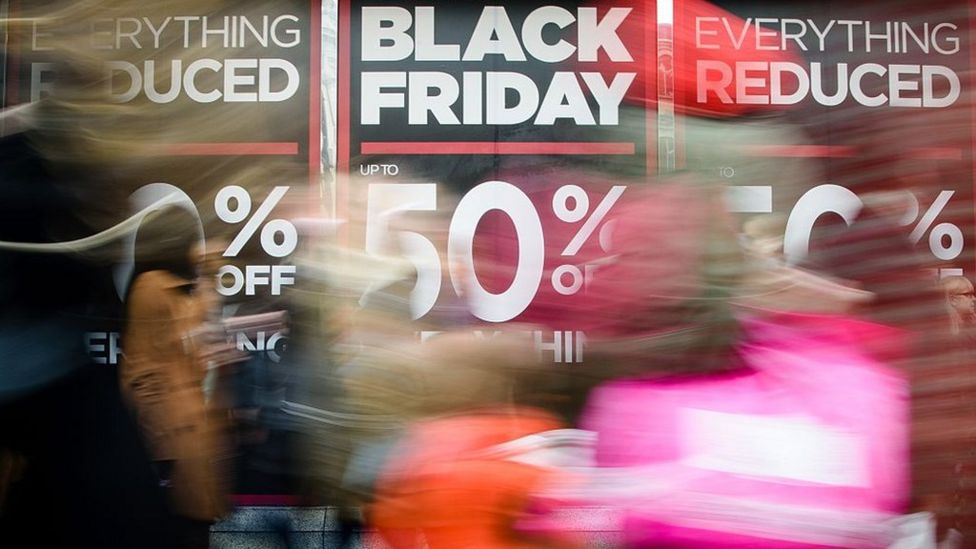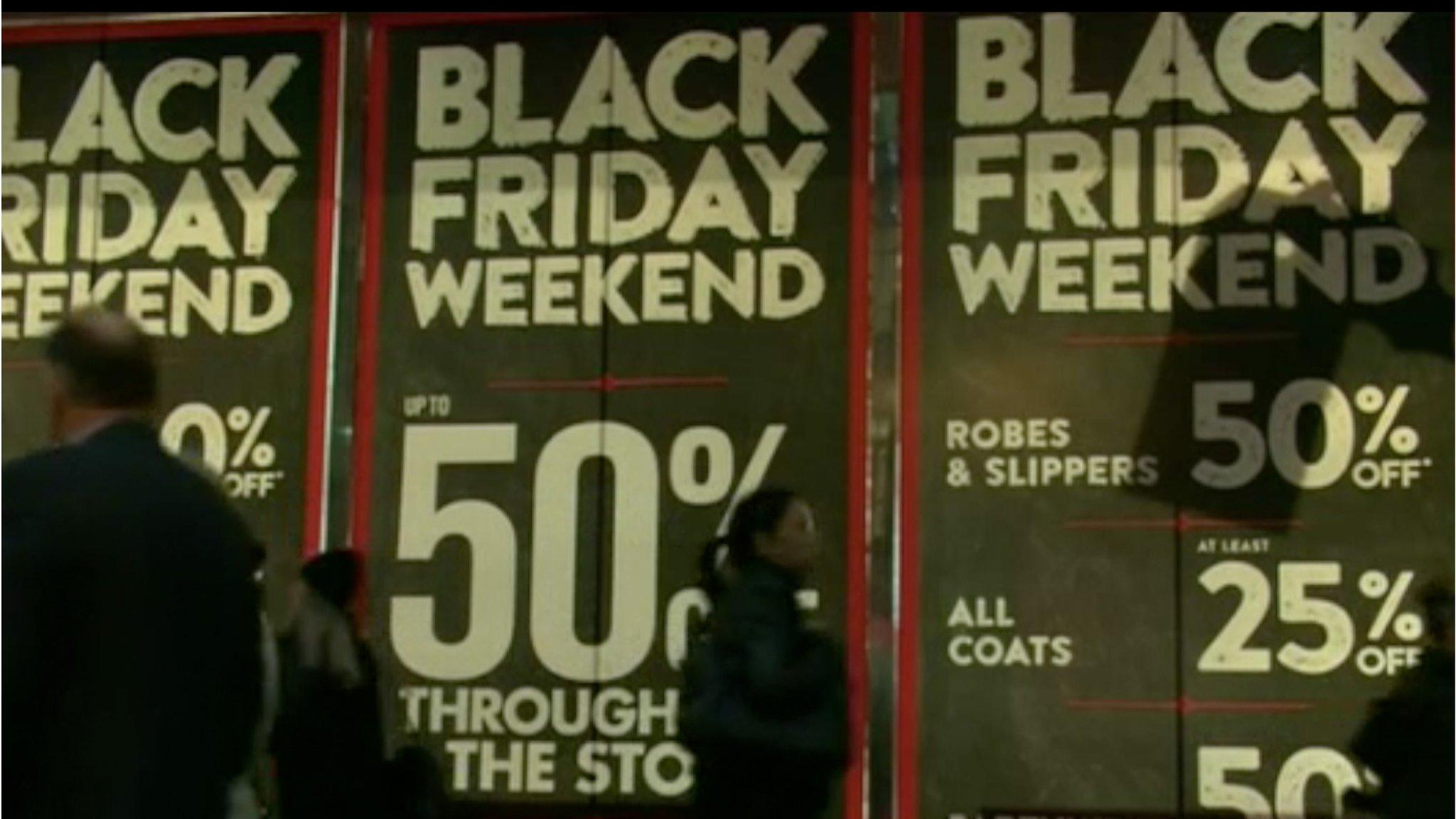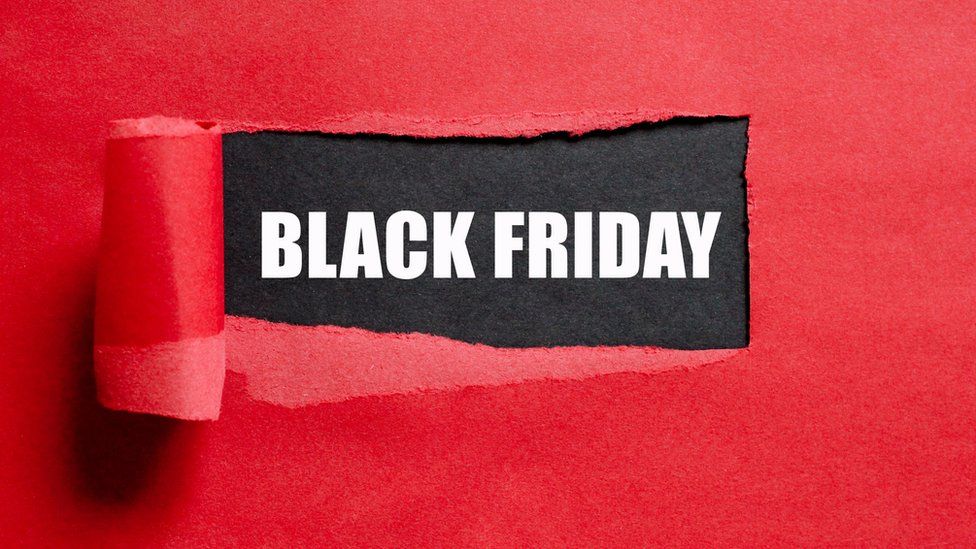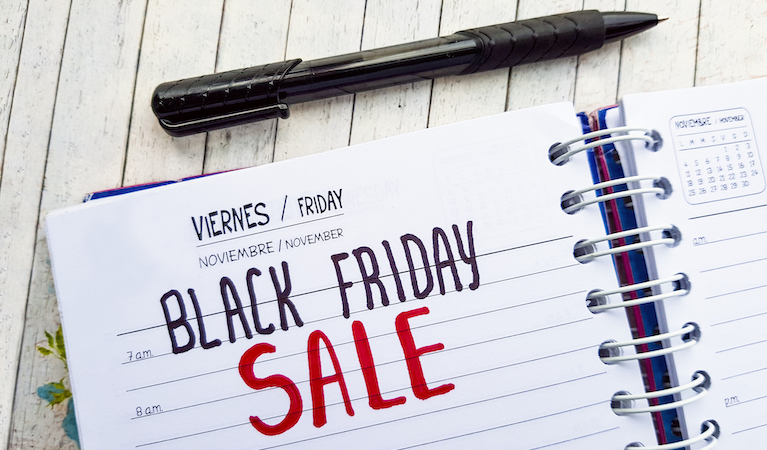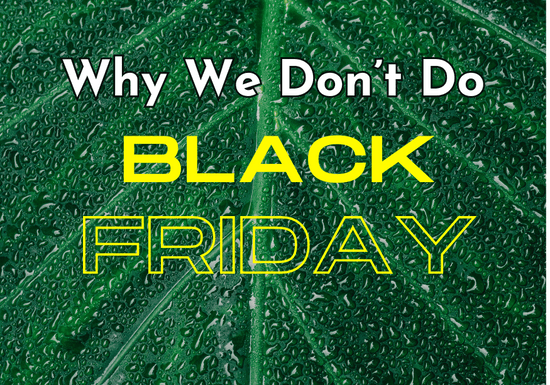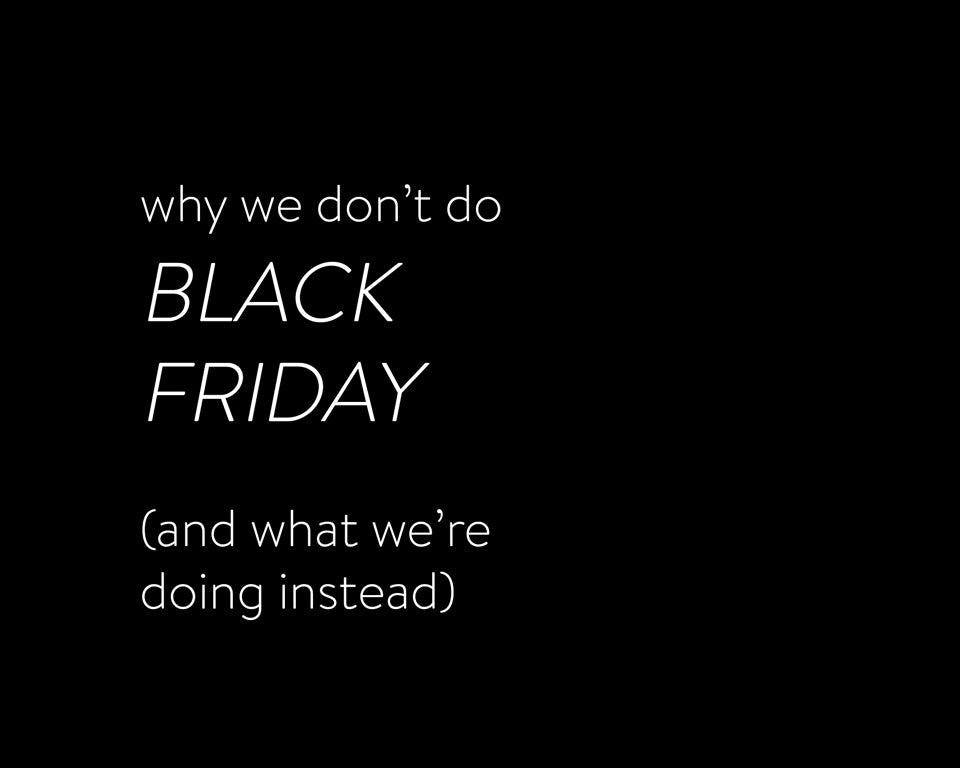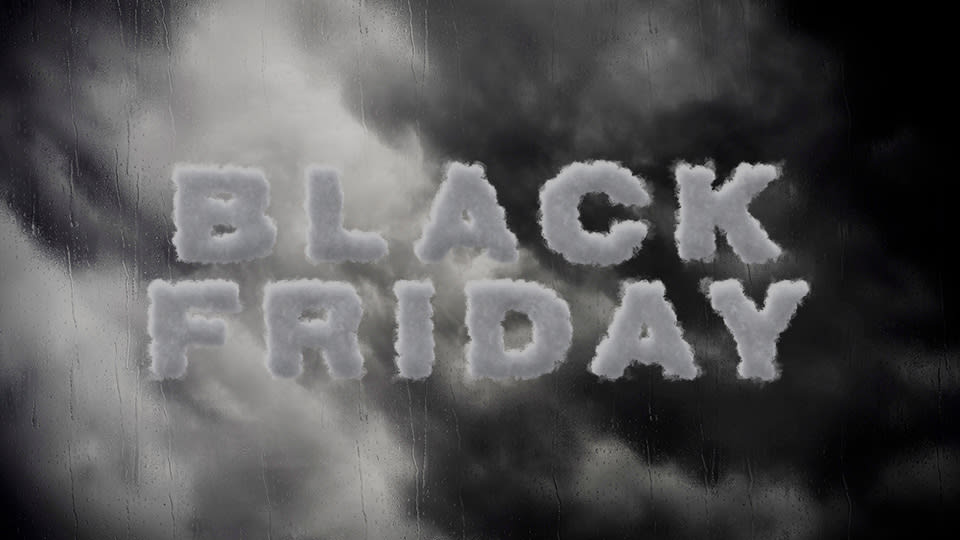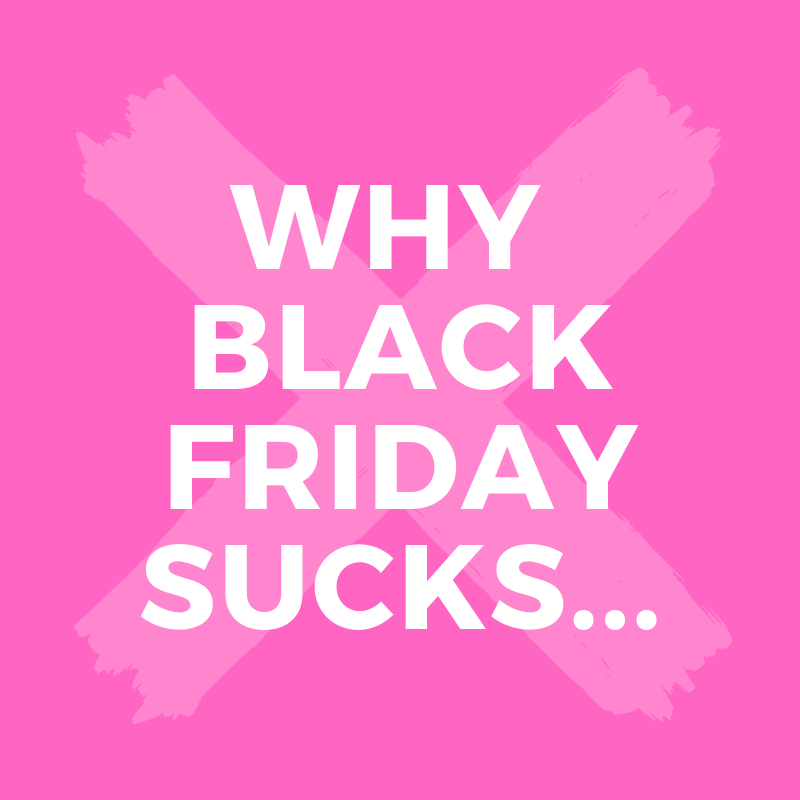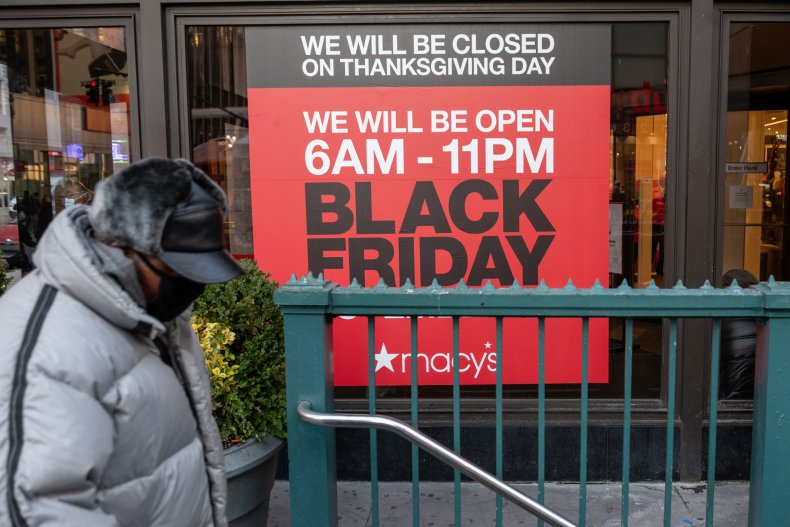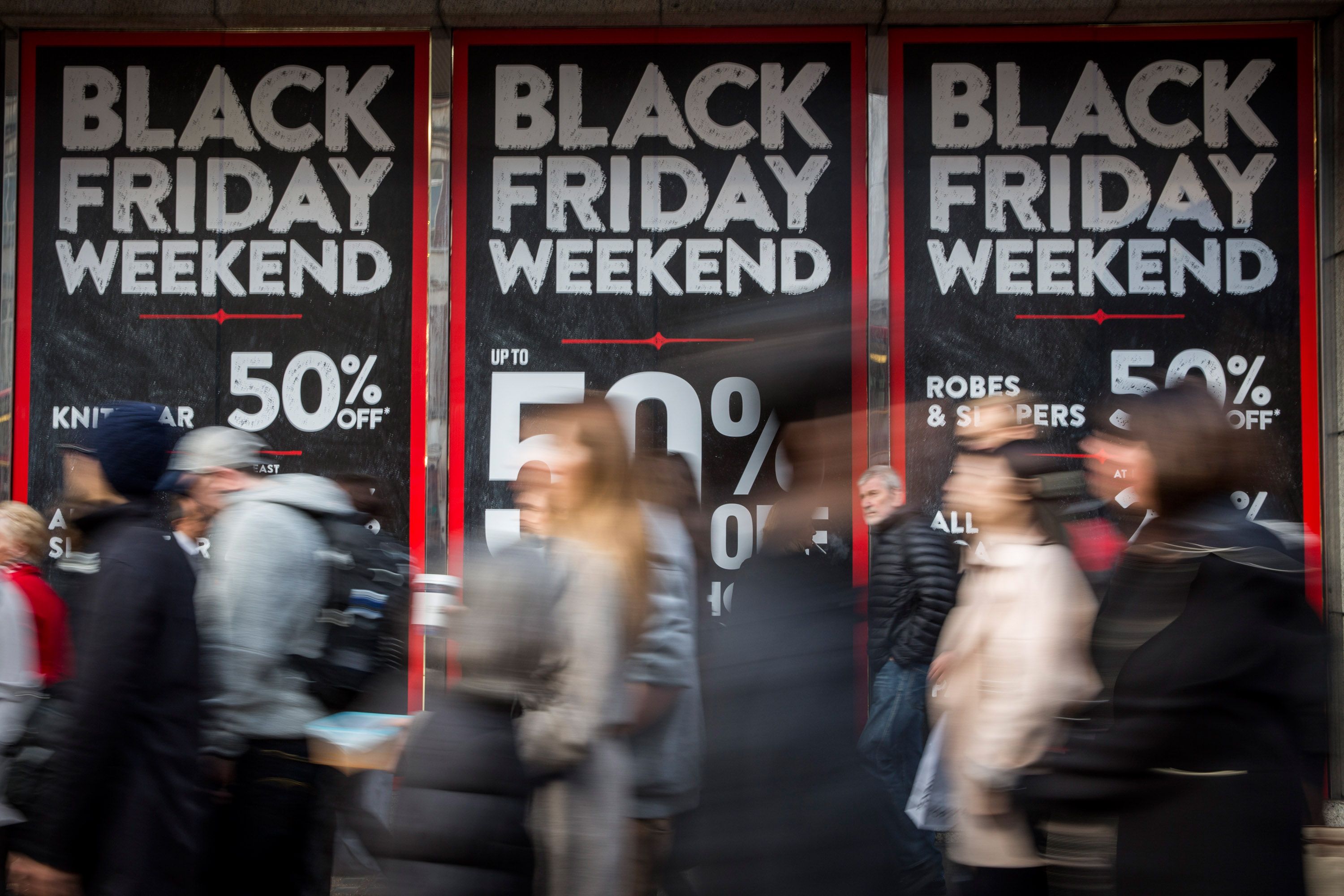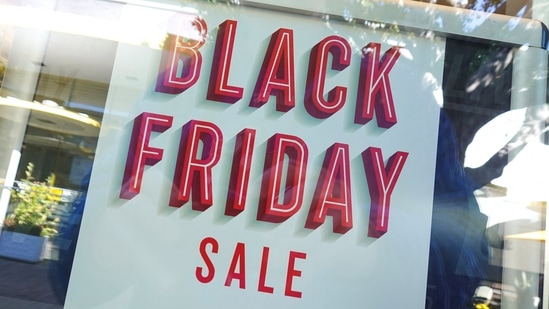Why Does Black Friday Suck Now
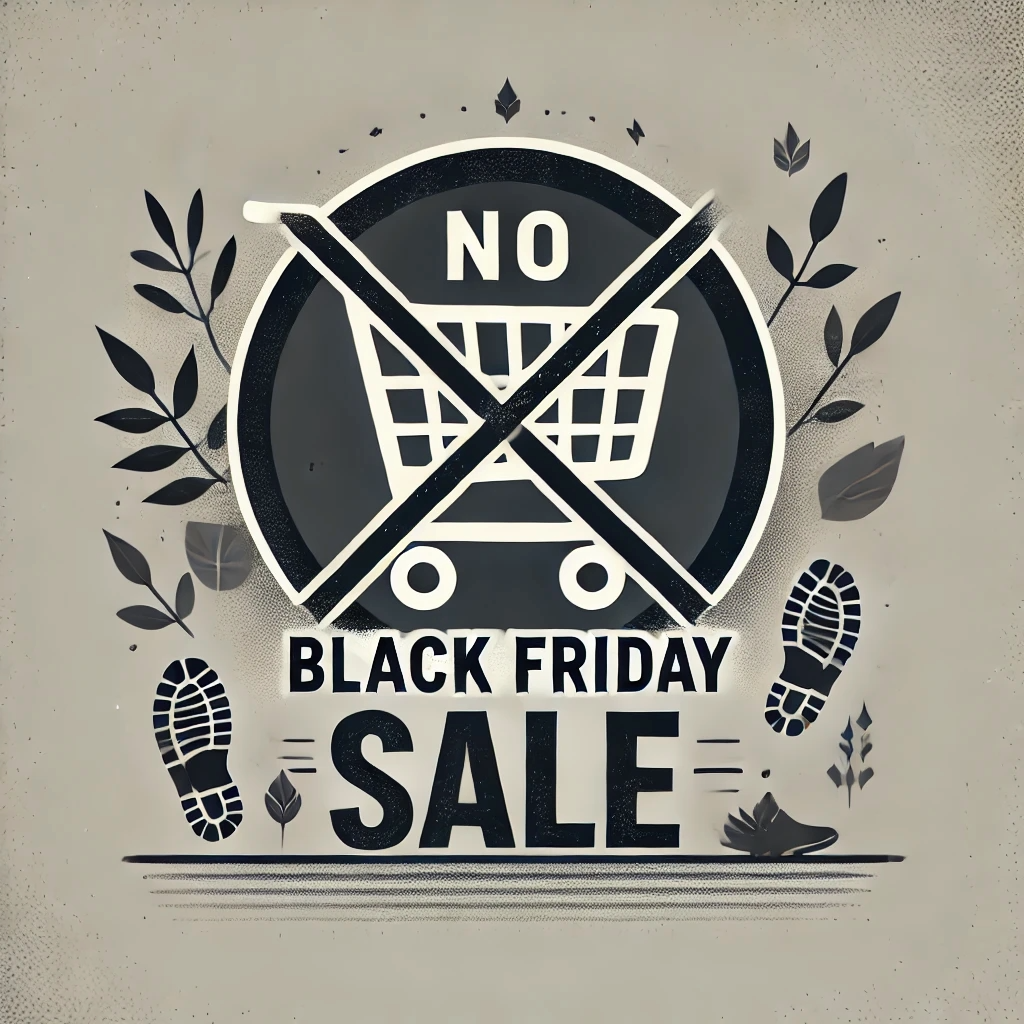
The annual Black Friday shopping frenzy, once a symbol of American consumerism and incredible deals, has lost its luster. What was once a single day of doorbuster sales has morphed into a drawn-out, month-long event, leaving many shoppers feeling underwhelmed and questioning the true value of the "deals" on offer.
The disappointment surrounding modern Black Friday stems from a confluence of factors, including the dilution of deals across an extended shopping season, the rise of online shopping and its impact on brick-and-mortar retailers, and a growing consumer awareness of deceptive pricing practices. Moreover, supply chain issues and inflation have further complicated the retail landscape, leaving consumers wondering if the promised savings are genuine or simply a marketing ploy.
The Nut Graf: A Perfect Storm of Disappointment
Black Friday's decline in appeal can be attributed to several key elements: Extended shopping seasons that diminish the urgency and exclusivity of deals, online competition pushing retailers to spread discounts and compete on convenience, inflated original prices creating a false sense of savings, and supply chain disruptions limiting inventory and driving up prices. This has all lead to consumer fatigue, causing buyers to second guess the value of the so-called "deals".
The Death of the Door Buster
Traditionally, Black Friday was defined by its doorbuster deals: limited-quantity items offered at significantly reduced prices to lure customers into stores early in the morning. These loss leaders were designed to drive traffic and encourage shoppers to purchase other items while they were there.
However, retailers have increasingly moved away from this strategy. The risk of overcrowding, safety concerns, and the cost of managing large crowds have prompted many to offer similar deals online or across multiple days or weeks. Data from the National Retail Federation shows that the average amount spent per shopper during Black Friday weekend has fluctuated, and a significant portion of that spending has migrated online.
The Rise of "Black November"
The term "Black Friday" has become increasingly misleading. Retailers now begin offering "Black Friday deals" weeks before the actual day, blurring the lines between regular promotions and special holiday savings. This extended period, often dubbed "Black November," diminishes the sense of urgency and excitement that once characterized the event.
Consumers, bombarded with endless emails and advertisements promoting "unbeatable" deals, become desensitized to the hype. A report by Deloitte indicated a growing percentage of consumers are skeptical of Black Friday sales and perceive them as less special or unique. This dilution has reduced the impact of traditional Black Friday.
The Amazon Effect: Online Dominance
The rise of e-commerce giants like Amazon has profoundly impacted Black Friday. Online retailers offer competitive prices and unmatched convenience, making it easier for consumers to shop from the comfort of their homes. Adobe Analytics data consistently shows significant year-over-year growth in online Black Friday sales.
This shift to online shopping has forced brick-and-mortar retailers to adapt. Many now offer online deals alongside in-store promotions, but this has further diluted the exclusive, in-person experience of Black Friday, leading to a less unique and more competitive environment for savings.
The Phantom Discounts: Is It Really a Deal?
One of the biggest criticisms of modern Black Friday is the prevalence of deceptive pricing practices. Retailers often inflate the "original" price of an item to create the illusion of a greater discount. Investigations by consumer advocacy groups have revealed instances where items advertised as being heavily discounted were actually priced similarly, or even higher, than they had been at other times of the year.
This practice, known as phantom discounting, erodes consumer trust and contributes to the perception that Black Friday deals are not as genuine as they seem. Such practices are under increased scrutiny from consumer protection agencies, highlighting the need for greater transparency in pricing.
Supply Chain Woes and Inflationary Pressures
In recent years, global supply chain disruptions and rising inflation have further complicated the Black Friday landscape. Shortages of raw materials, shipping delays, and increased transportation costs have forced retailers to raise prices, even on items that are supposedly on sale. This directly impacts the value of the deals shoppers can realistically expect.
For consumers, this translates to less significant discounts and a greater likelihood of encountering out-of-stock items. The Bureau of Labor Statistics' Consumer Price Index has shown marked increases in many consumer goods categories, indicating that the savings offered during Black Friday may not be enough to offset the overall increase in prices.
A Forward-Looking Perspective
The future of Black Friday remains uncertain. Some experts predict that the event will continue to evolve, with retailers focusing on more personalized offers, enhanced online shopping experiences, and a greater emphasis on value over sheer price cuts. Retailers might also explore sustainable and ethical practices.
Consumers are becoming more discerning, demanding greater transparency and value for their money.
"Ultimately, the success of Black Friday will depend on retailers' ability to adapt to changing consumer preferences and offer genuine savings that resonate with shoppers", says Neil Saunders, Managing Director at GlobalData Retail.
Whether or not Black Friday can regain its former glory remains to be seen, but one thing is clear: The days of blindly accepting "deals" at face value are over. Shoppers are now more informed and selective, holding retailers accountable for the promises they make during this critical shopping season.

